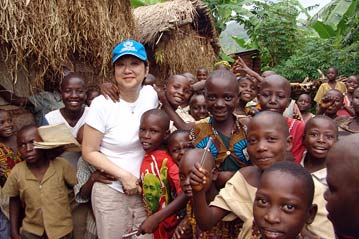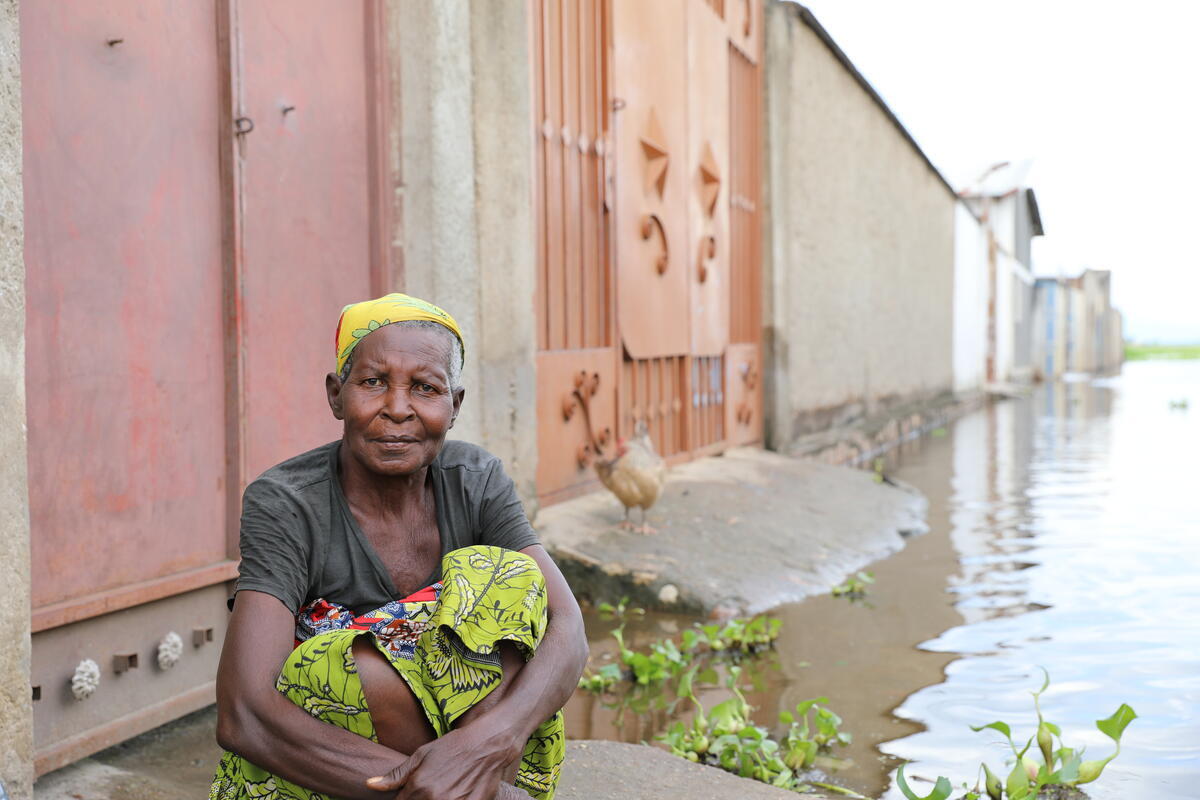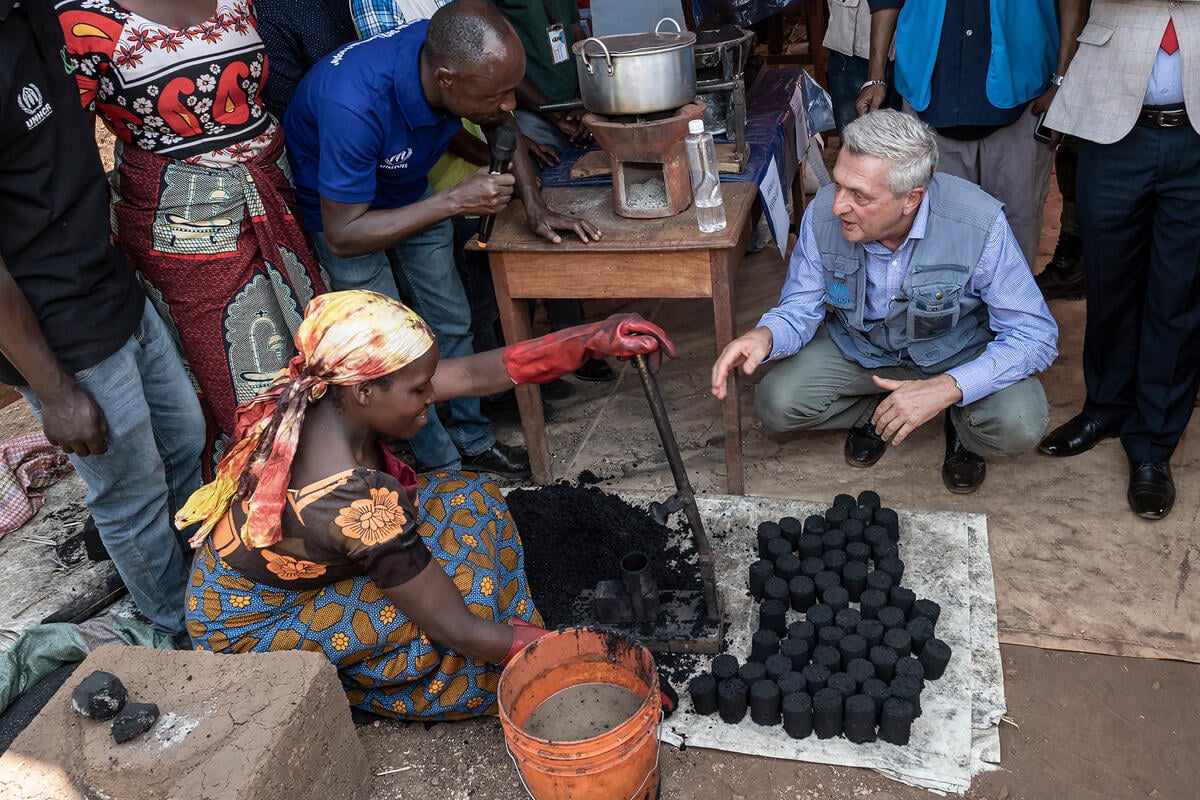UNHCR operations chief upbeat about Burundian refugees
UNHCR operations chief upbeat about Burundian refugees

BUJUMBURA, Burundi, February 5 (UNHCR) - The UN refugee agency's operations chief believes there is an end in sight to the problem of hundreds of thousands of Burundian refugees in Tanzania.
"After more than three decades, there is hope to end this protracted refugee situation," Assistant High Commissioner for Operations Judy Cheng-Hopkins said in Bujumbura on Monday at the end of a 10-day mission to Tanzania and Burundi.
Cheng-Hopkins was in the neighbouring African countries to assess the prospects for finding durable solutions for the almost 340,000 Burundian refugees in Tanzania.
Some 118,000 of them who left their homeland in the 1990s live in three UNHCR-assisted camps, which the Tanzanian government has said it would like to consolidate this year. The rest, who fled Burundi in 1972, have been living in three self-sufficient settlements in central Tanzania.
"While many refugees will return, Tanzania has signalled that a substantive number of the long-term refugees living in settlements may be allowed to remain in the country," Cheng-Hopkins said.
The Assistant High Commissioner visited refugee settlements and hosting sites and met senior officials in both countries. She thanked Tanzania for its decades-long hospitality to refugees and commended the reintegration efforts undertaken by Burundi and its partners.
She also warned of the challenges ahead, including sorting out land rights and providing health and education services for returnees. On Thursday, while crossing the Burundi-Tanzania border, she had called on the international donor community to support investment in Burundi and Tanzania to ensure durable solutions for the refugees and returnees.
In Tanzania, Cheng-Hopkins discussed durable solutions for the 1972 Burundian refugees, who would likely find it much harder to reintegrate than compatriots forced to flee Burundi in more recent wars.
She visited the settlement of Ulyankulu last Wednesday, where she told refugees that UNHCR would open a field office to help them repatriate or locally integrate.
During a stroll through the settlement, she stopped to talk to the refugees to try and get a better understanding of their concerns. "I have lived in Tanzania all my life, I know nothing about Burundi," 26-year-old Amos Niyonzima told her, adding: "Tanzania is my home."
Some refugees in the UNHCR-organized camps are concerned about conditions back home. "Many of us would like to go back to Burundi, but we need support to rebuild our shelters, health care and to send our kids to school," said one woman, who visited Burundi's Ruyigi province on a "go-and-see" visit organized by the refugee agency.
To address such needs, UNHCR is planning this year to provide building materials to more than 14,000 families in Burundi. Over the past five years, 58,000 households have benefited from the same programme.
Cheng-Hopkins later joined a UNHCR-organized convoy of 46 Burundian refugees returning home from Kasulu camp in north-west Tanzania. She crossed with them into Burundi's Makamba province at the Manyovu border point.
Since the start of the repatriation operation to Burundi in March 2002, more than 300,000 Burundian refugees have been assisted in repatriating from Tanzania to Burundi. In addition, some 76,000 refugees have returned spontaneously and also benefited from UNHCR's reconstruction and reintegration assistance in Burundi.
By Andreas Kirchhof in Bujumbura, Burundi
and Eveline Wolfcarius in Dar es Salaam, Tanzania








